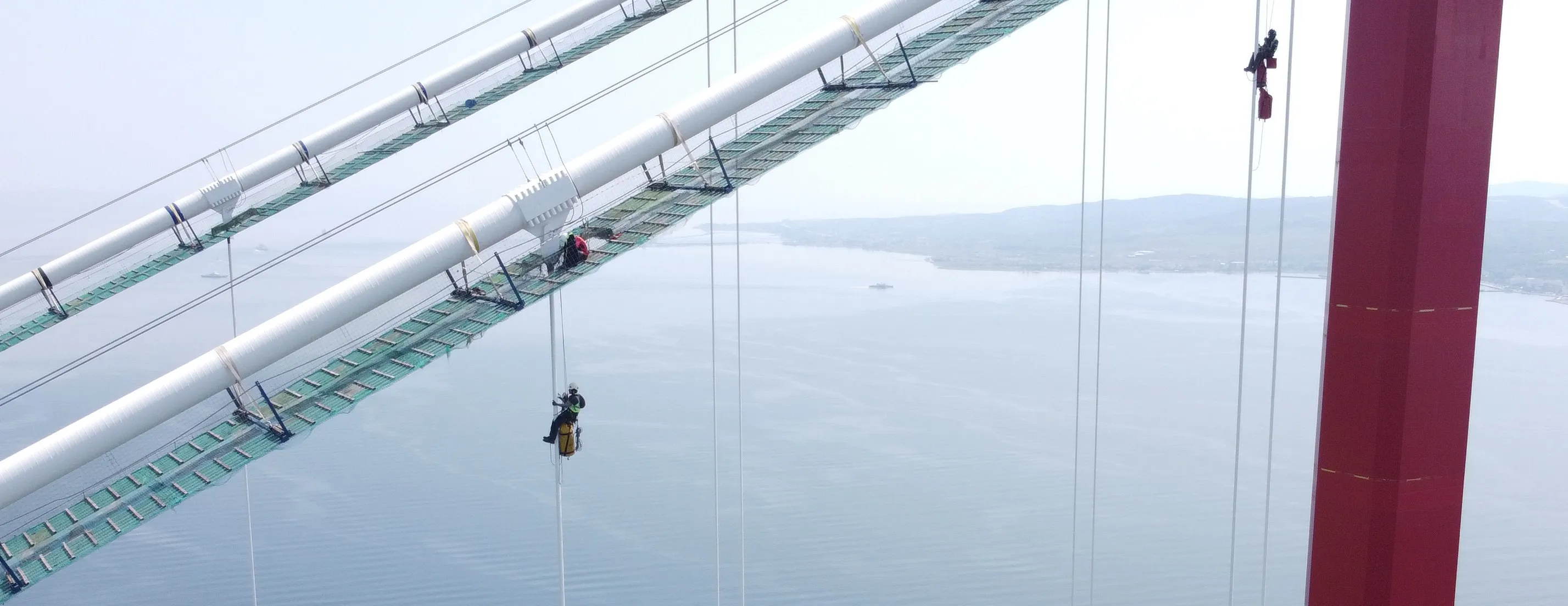Throughout the world, road crashes kill over 227,000 young people under 20. In fact, it is the leading cause of death for 15-17 year-olds. This cooperation between Total and Michelin will launch its initial phase in France, Cameroon and India. The plan is then to expand the scheme to other countries and welcome new partners into the programme.
Partners of local and regional educational communities, the foundations of the Total and Michelin Groups will work together to provide solutions taking into account local realities and measuring the impact. This road safety education program for 10-18 year-olds will be developed using an innovative digital platform.
The programme will draw on the expertise of local Total and Michelin subsidiaries and will be impemented with the support of local partners and stakeholders. The programme will provide teaching materials to teachers and educators. This tool will also highlight good practices and assess the relevance of various actions, the goal being to customise the tool for each local community, optimising effectiveness.
Global road safety programme being developed by Total and Michelin
Oil company Total and tyre manufacturer Michelin are joining forces to establish a global road safety education programme. This will be aimed at 10-18 year olds, with a view to reducing road deaths amongst the young. The road safety education programme is being launched via their corporate foundations. This project, developed with the support of Global Road Safety Partnership, aims to reach 100,000 young people over a three-year period. The Total Foundation and the Michelin Corporate Foundation have decide
June 14, 2018
Read time: 2 mins
Oil company 344 Total and tyre manufacturer 720 Michelin are joining forces to establish a global road safety education programme. This will be aimed at 10-18 year olds, with a view to reducing road deaths amongst the young. The road safety education programme is being launched via their corporate foundations. This project, developed with the support of Global Road Safety Partnership, aims to reach 100,000 young people over a three-year period. The Total Foundation and the Michelin Corporate Foundation have decided to contribute €1.5 million jointly to this initiative.









